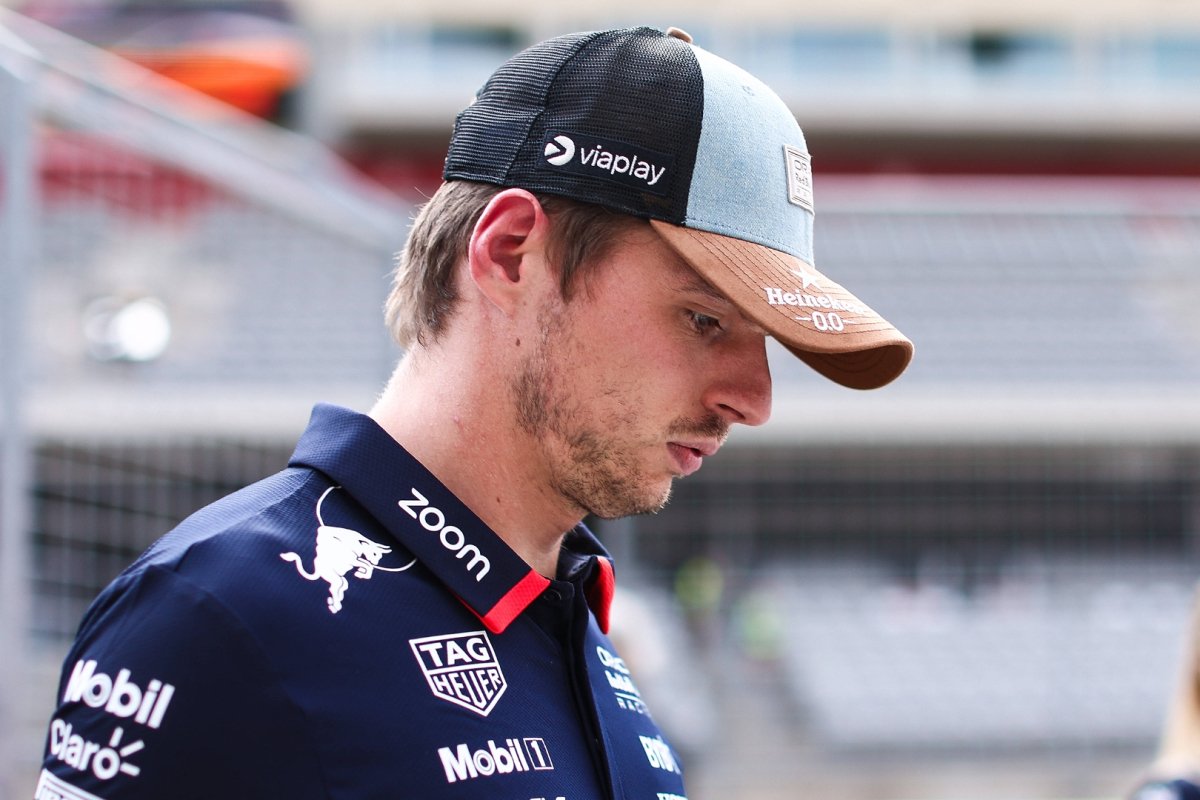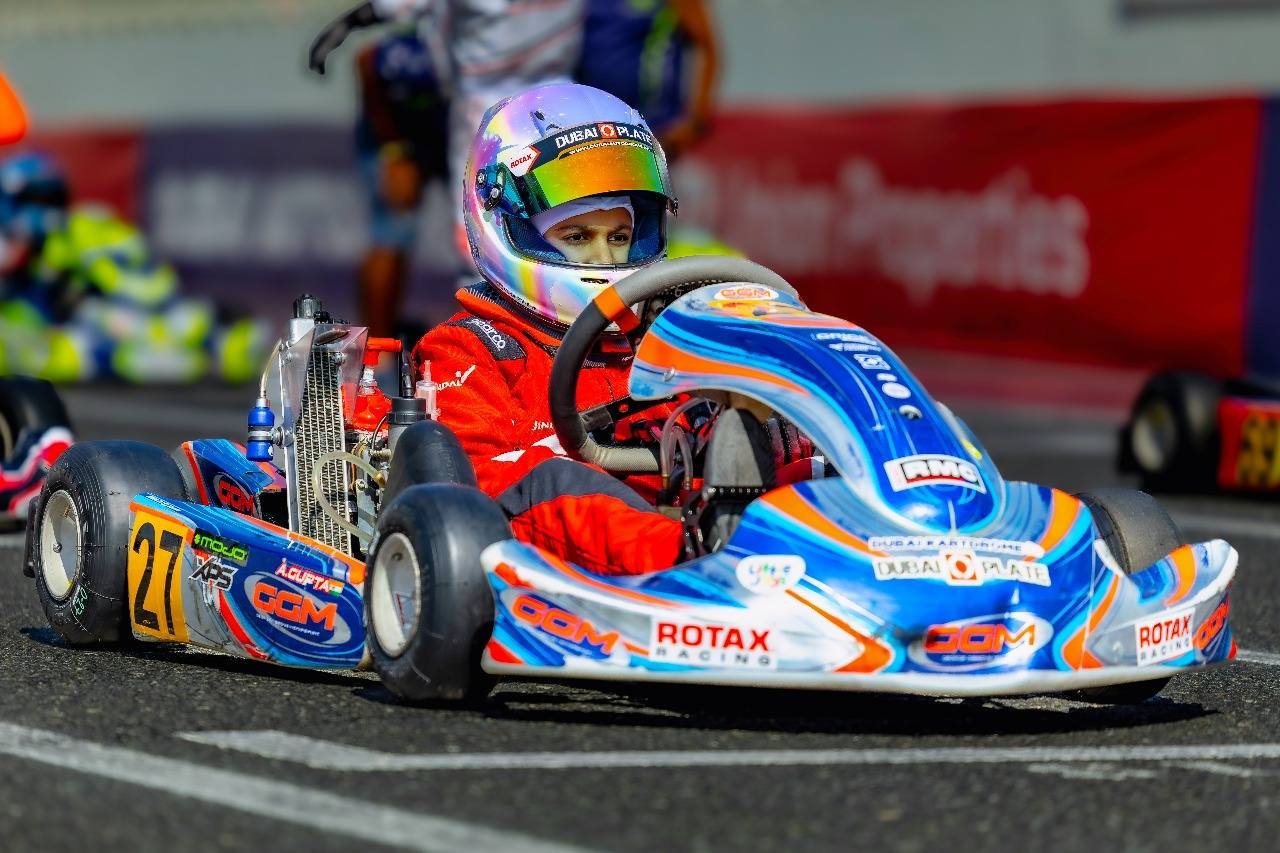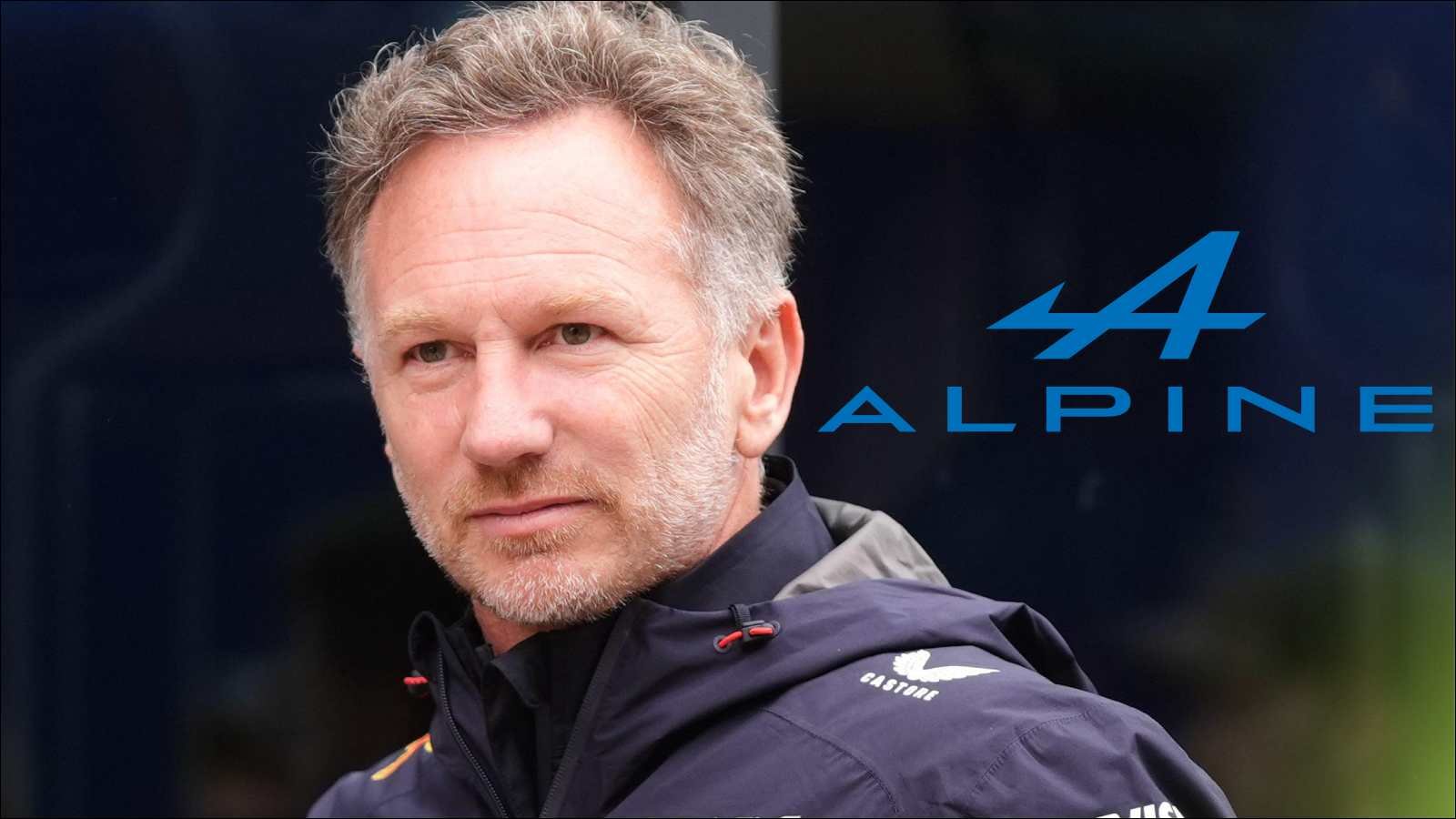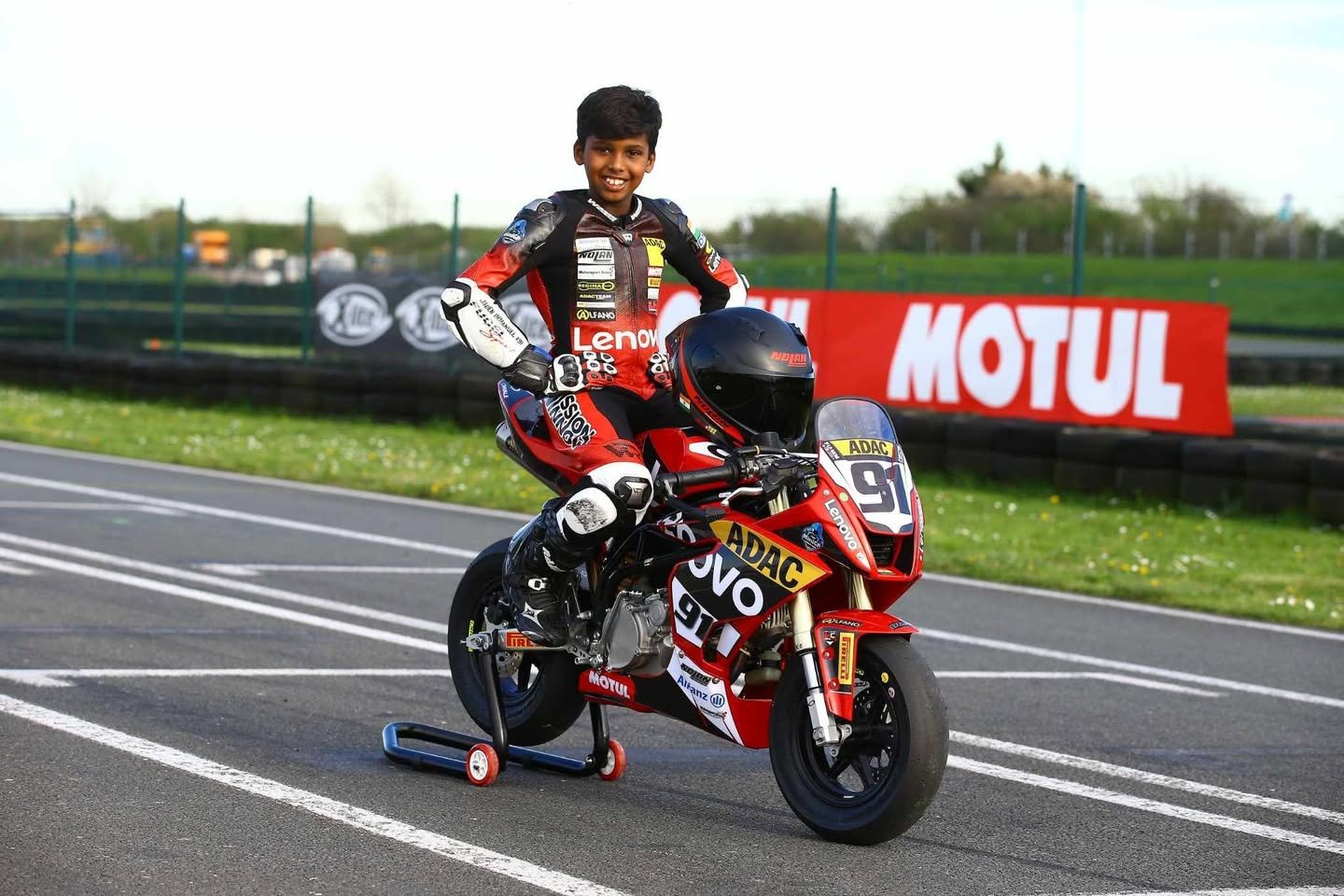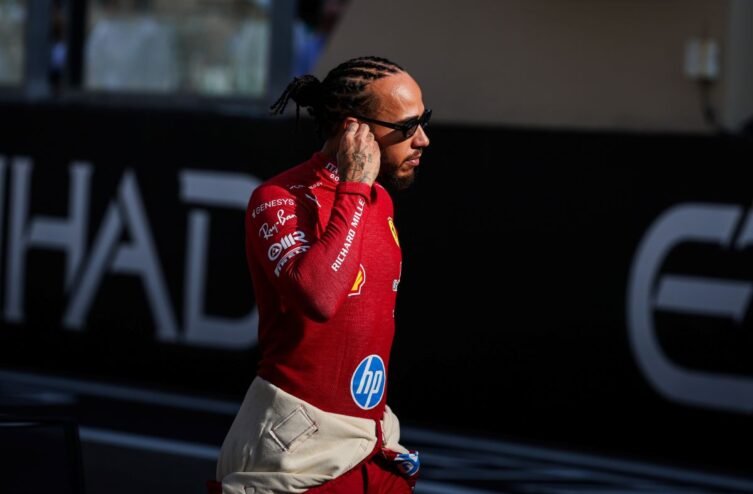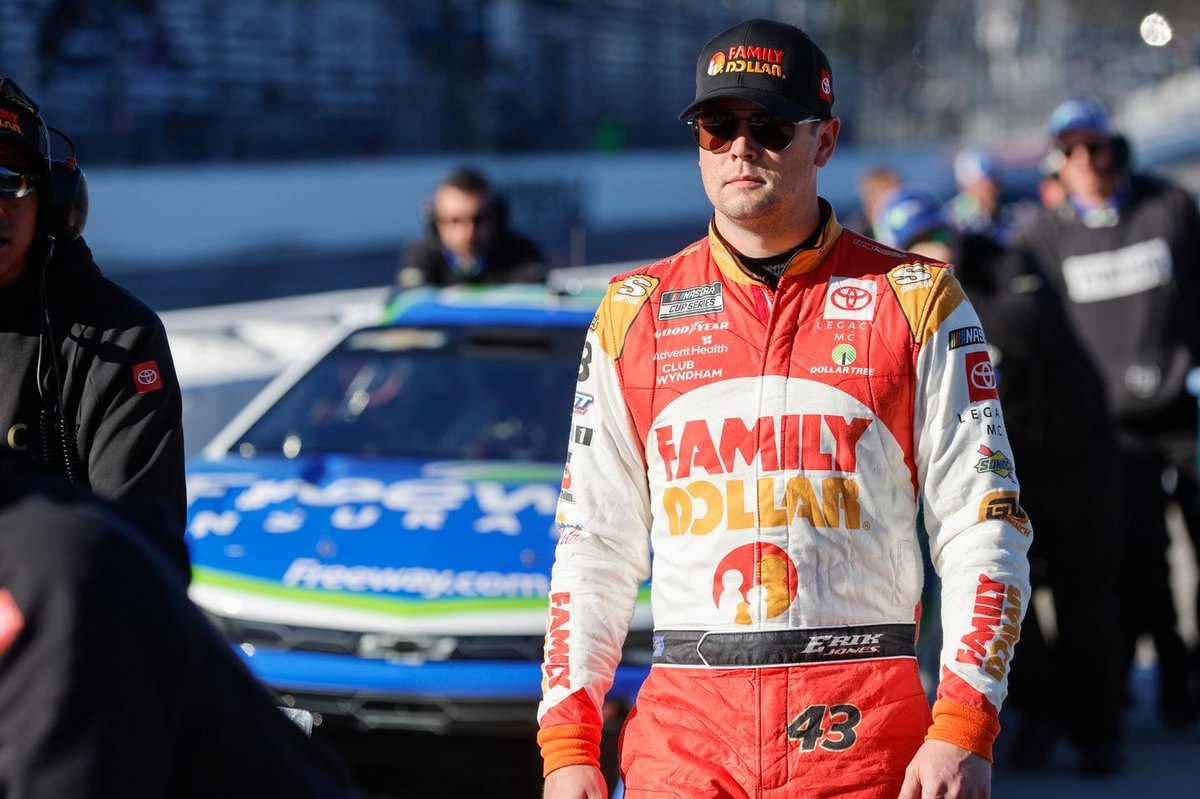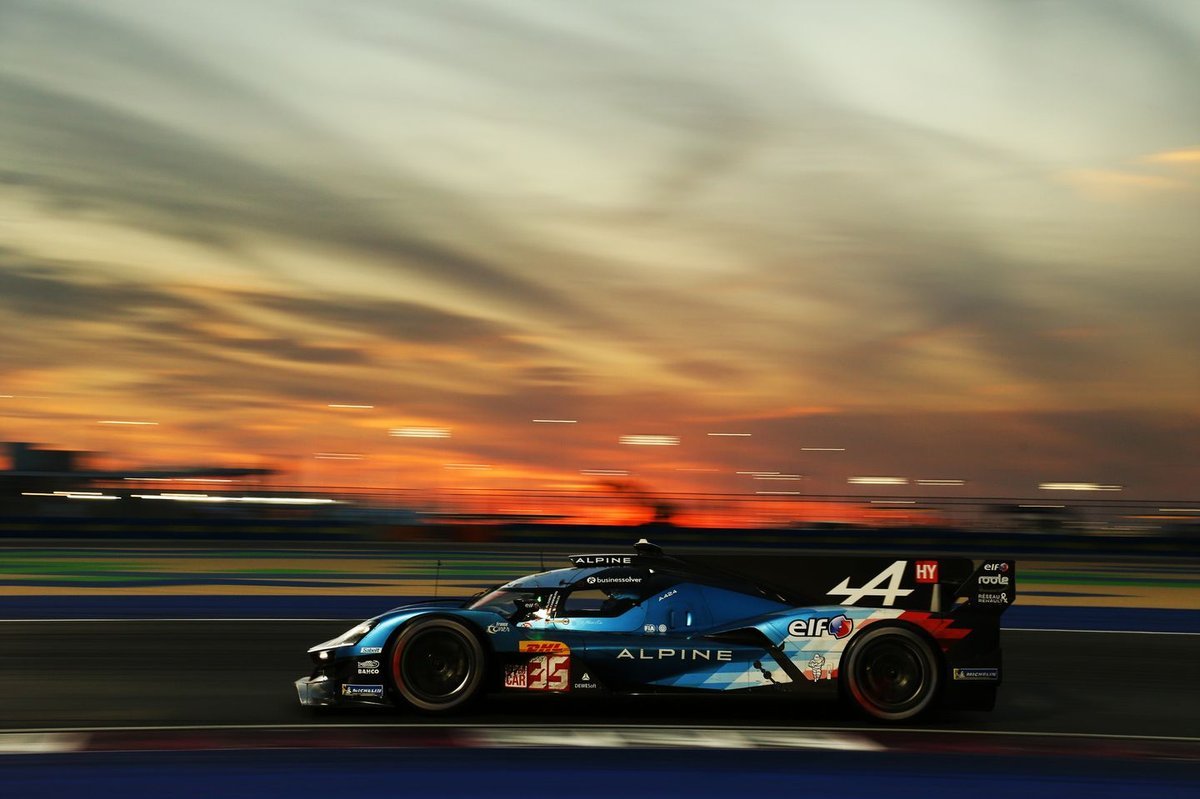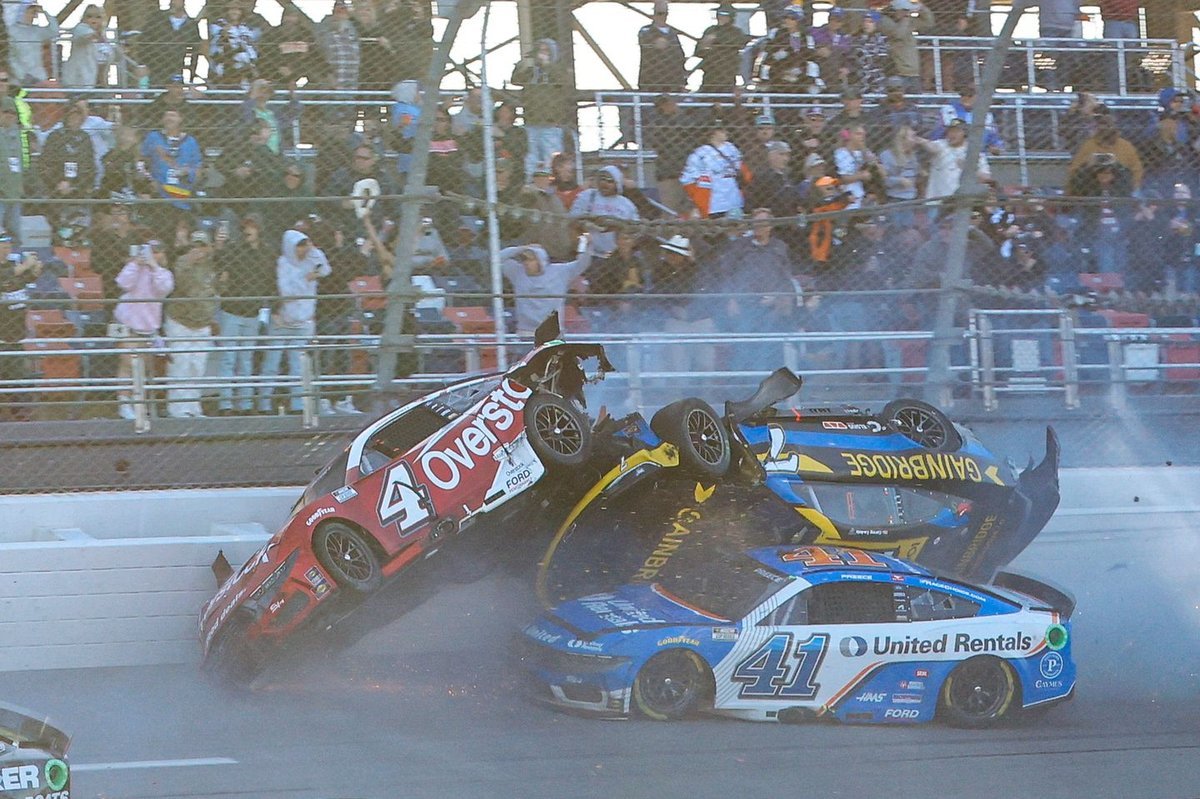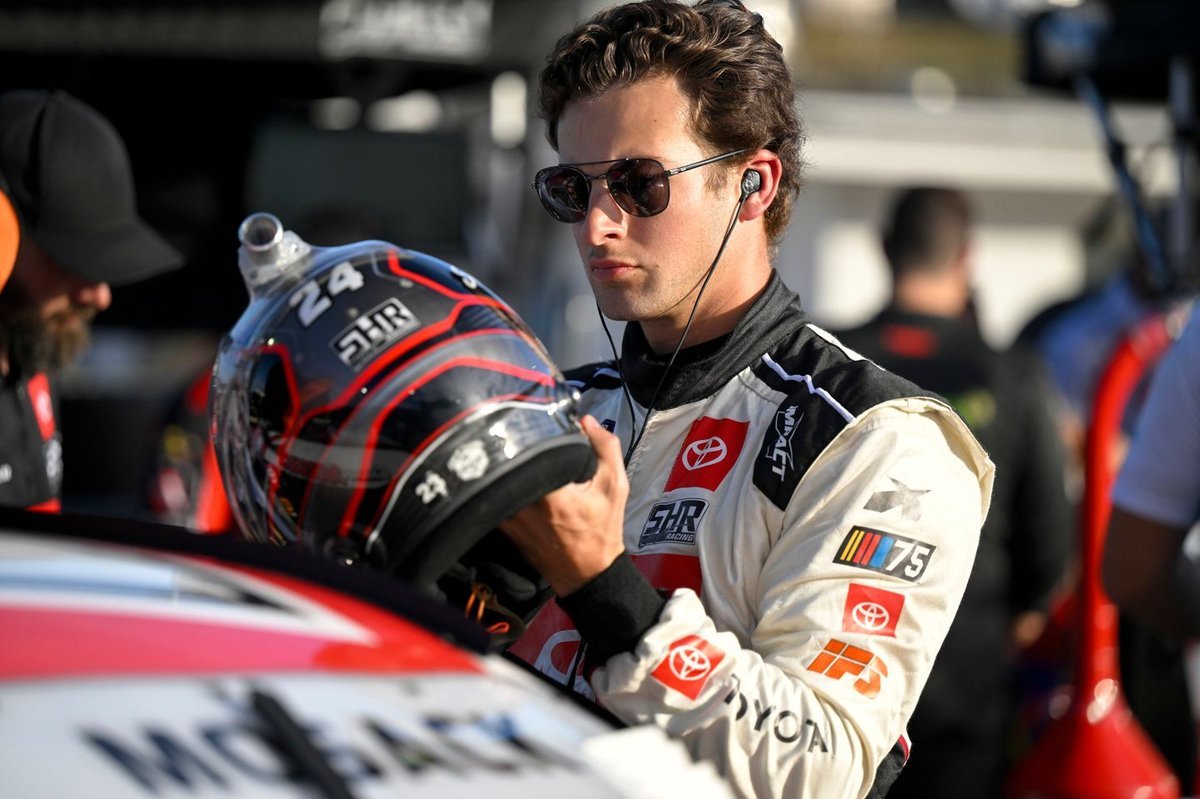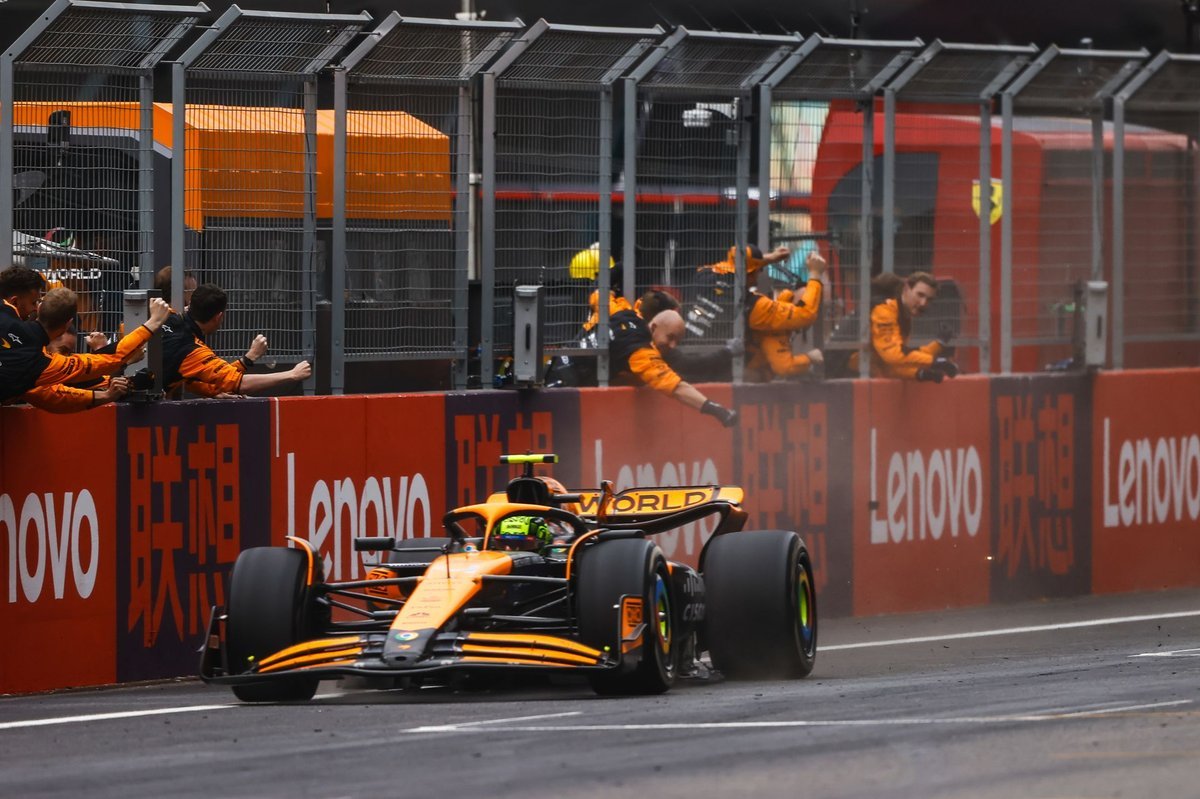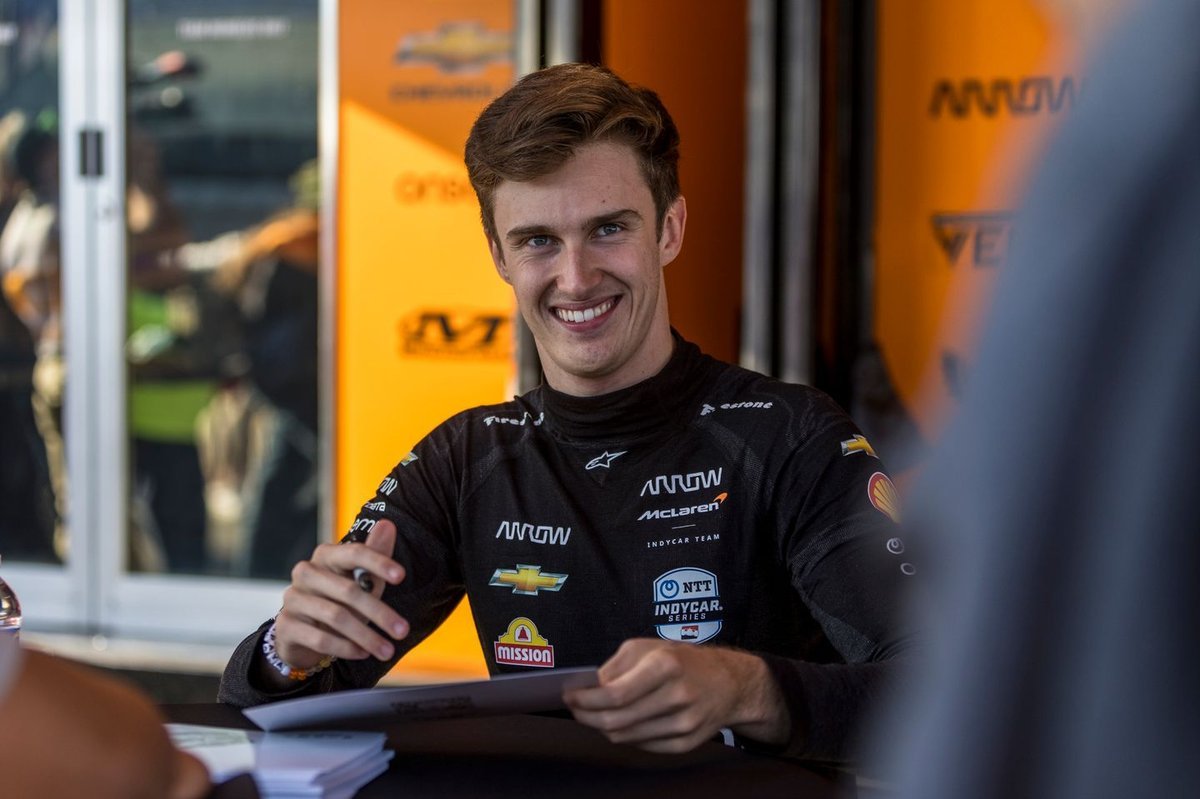
Max Verstappen’s dominance continues, but his aggressive tactics are raising serious questions about sportsmanship, and his future with RedBull Racing.
The 2025 Formula One season opened up more than a few cracks vis-a-vis the career of Max Verstappen. The Dutch-Belgian driver has always attracted controversies, but has managed to dim the light on them with his stellar results. However, this season, it all seems to be coming undone.
Fresh off a dominant result at the Canadian Grand Prix, Verstappen headed into the Austrian GP, but not without controversy. Tensions were brewing since the Spanish GP, and it all came to its head at the two following events. In Canada, Verstappen’s aggressive driving earned him a second-place finish but drew even more criticism due to his race conduct.
Verstappen’s talent is undeniable. He is a generational driver, capable of snatching wins from nowhere, but racing brilliance can’t entirely excuse what keeps happening in parallel.
Verstappen faces issues with the RedBull RB21
Despite Red Bull’s long-standing dominance, the 2025 season hasn’t been smooth. The RB21 has been riddled with balance and reliability issues, leaving Verstappen visibly frustrated. After his poor finish at the Spanish GP, he pointed fingers squarely at Red Bull, further straining an already tense relationship.
Things hit a new low at the Austrian GP, where Verstappen qualified a disappointing P7 and barely made it past Turn three on race day, after Mercedes rookie Kimi Antonelli took him out on the first lap. It ended his 31-race scoring streak and marked his first DNF in almost a year and a half. Though Verstappen has kept it diplomatic in interviews, the cracks are starting to show.
Ironically, since Newey’s return, Red Bull has faced more turbulence than triumph. The RB21’s problems aren’t just mechanical; they point to a more profound instability. Verstappen might still be winning, but the toll on team dynamics and the sport’s spirit is becoming harder to ignore.
From Jeddah to Barcelona: A Pattern of Pushing the Limits
At the 2025 Spanish Grand Prix in Barcelona, under pressure from his team to let George Russell through after a positional shuffle, Verstappen appeared to comply, only to slow, bait Russell alongside, then reaccelerate and make contact with the Mercedes. The move was unmistakably deliberate. The stewards, as usual, avoided calling it out for what it truly was, malicious intent, and instead issued a standard 10-second penalty and three licence points. A punishment more appropriate for a clumsy tangle than for a premeditated act in a 200 mph machine.
It was just the latest in a long series of incidents where Verstappen has crossed lines, both figuratively and literally.
Just one race earlier in the 2025 Saudi Arabia Grand Prix, Verstappen was again under fire for his driving ethics. Former F1 driver and current commentator Jolyon Palmer criticized Verstappen’s opening lap move, where he cut across the exit of Turn 1 to block Piastri, who had gained position with a stellar launch. Palmer called it a “hopeless attempt to cling on,” likening it to Verstappen’s antics at the same Jeddah track in 2021 when he controversially battled Lewis Hamilton.
“It’s not fair racing,” Palmer said bluntly. “That’s just plain and simple.”
Teammates or Targets?
This isn’t just about how he races opponents. Verstappen has also shown little interest in building rapport or camaraderie within his garage. For him, teammates are competitors, nothing more. Whether it was his strained relationship with Carlos Sainz in his Toro Rosso days, his disdainful dismissal of Pierre Gasly and Alex Albon during their stints at Red Bull, or his ongoing tension with current teammate Sergio Pérez, Verstappen has made it clear. There are no teammates in his world, only obstacles to outperform.
Verstappen thrives on controversy. Whether it’s his snappy radio messages, unapologetic press conference jabs, or unwillingness to back down from any confrontation, he feeds off the chaos. In many ways, he’s crafted a persona of one who doesn’t play by the rules. To some, this edge is what makes him compelling. Formula 1, like all elite sports, is built on conflict and drama as much as it is on lap times. But when that drama consistently tips into unsportsmanlike conduct, the line has been crossed.
It also doesn’t help that the governing bodies keep letting him cross it.
A Pattern the FIA Refuses to Confront
From the Saudi Arabia brake test on Hamilton in 2021, to running rivals off the track in Brazil and Mexico, to the intentional collision in Spain in 2025, this isn’t isolated behaviour. This is a pattern. Yet each time, the stewards respond as though it’s a one-off, an unfortunate racing incident, or just Max “being Max.” That approach is no longer good enough.
Compare this to George Russell in Monaco. When he deliberately cut a chicane, a far less dangerous move, he received a drive-through penalty. In Barcelona, Verstappen intentionally collided with another car at high speed and received a slap on the wrist. The inconsistency is glaring and damaging to the sport’s credibility.
Image: Max Verstappen and FIA president Mohammad Ben Sulayem
Max Verstappen is a phenomenal racing driver. But his greatness is increasingly being paired with behaviour that undermines the values F1 claims to uphold: fairness, sportsmanship, respect.
Despite relentless unsportsmanlike conduct, coupled with a blatant disregard for his racing team, Red Bull, Verstappen is prone to using his talent as a get-out-of-jail-free card.
Unless Formula 1 takes a firmer stand and begins treating deliberate acts with the seriousness they warrant, regardless of who commits them, it sends a dangerous message. That winning excuses everything. That the rules apply, except when they don’t.
Verstappen may be chasing history, rewriting records with every lap. But legacy is about more than numbers. It’s also about how you race, not just what you win. And right now, the Max Verstappen legacy is becoming as divided as the paddock’s opinion on him: half legend, half liability.

